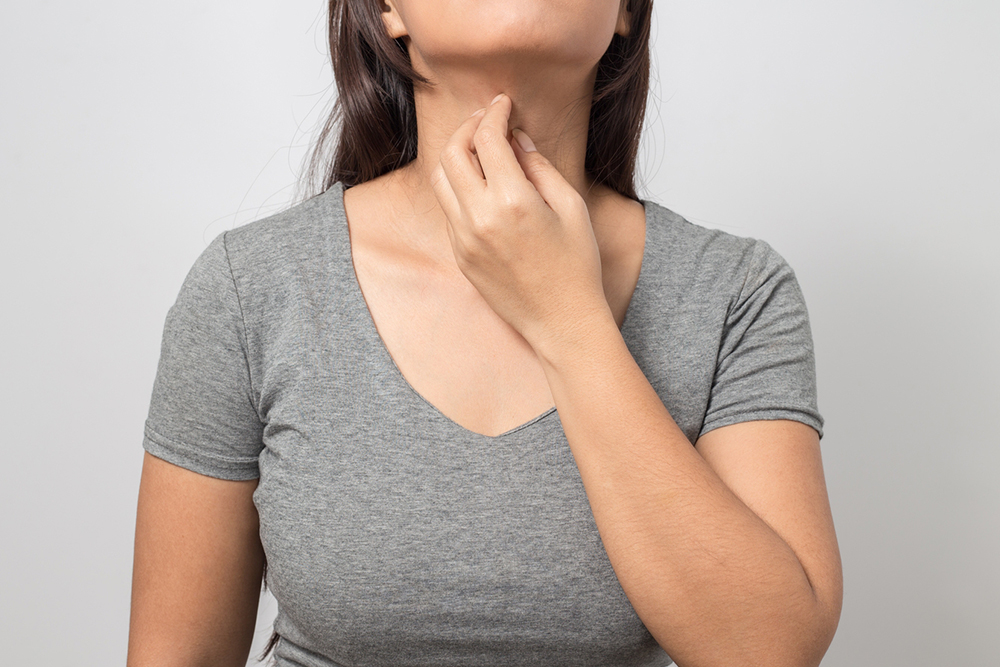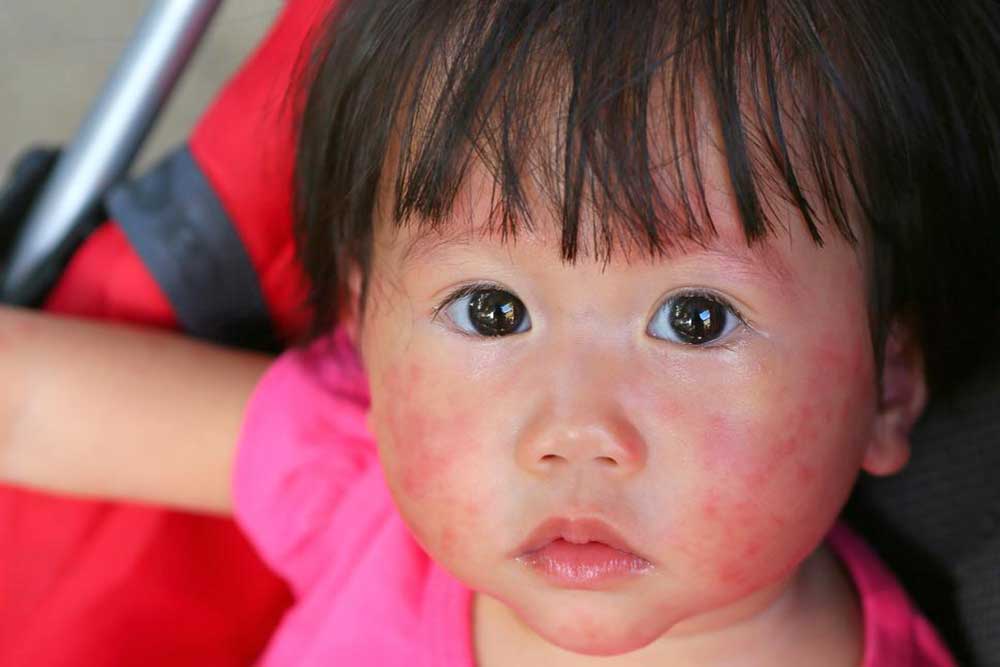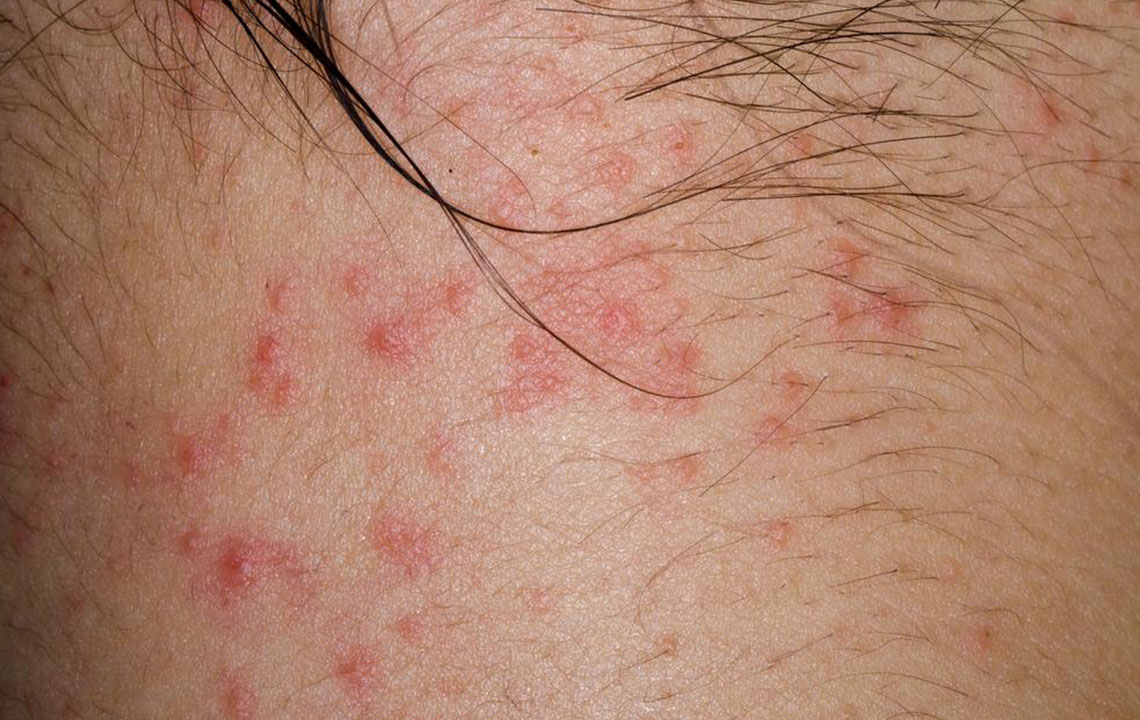Common Causes and Remedies for Itchy Skin Bumps in Elderly Individuals
This article explores common causes of itchy bumps in elderly skin, including allergic reactions, bed bug bites, dermatitis, scabies, and eczema. It offers practical management tips such as trigger avoidance, moisturization, gentle products, proper bathing, and regular checkups to help seniors reduce discomfort and maintain healthier skin.

Understanding Causes and Solutions for Itchy Skin Bumps in Seniors
As people age, their skin becomes thinner and more sensitive, making seniors prone to itchy, irritated bumps. Factors such as genetics, sun exposure, lifestyle, and diet can contribute to skin changes, leading to inflammation and discomfort. Recognizing the causes and adopting proper skincare routines can help seniors manage and prevent these skin issues effectively.
Common Reasons for Itchy Bumps
1. Allergic Reactions (Urticaria)
Chronic hives present as raised, itchy patches that range from red to purple. They may be triggered by foods like nuts or shellfish, latex contact, insect bites, or pollen. These bumps can shift in color and last from hours to weeks, depending on the allergen and whether the reaction is acute or chronic.
2. Bed Bug Reactions
Bed bugs can leave small, itchy bumps that resemble bites, often appearing in streaks or clusters. These bites develop over a couple of weeks, mainly on uncovered areas like arms and legs. Signs include blood spots on sheets, a musty odor, and tiny bugs or skin shed on the mattress.
3. Contact Allergies
Exposure to metals, chemicals, or topical products may cause dermatitis, resulting in itchy, red, swollen bumps. Symptoms can occur within two days and may persist for a few weeks, sometimes leading to blisters or discomfort.
4. Scabies
Infested with tiny mites, scabies causes intensely itchy bumps that often create tunnels under the skin. These usually appear on elbows, wrists, fingers, and behind knees, with itchiness worsening at night. Excessive scratching can lead to skin infections.
5. Eczema
Known as atopic dermatitis, eczema produces red or purple patches that become scaly or thickened over time. Triggers include allergens and irritants, and scratching worsens the condition, increasing infection risk. Common areas include hands, elbows, knees, scalp, and back.
Effective Ways to Ease Itchy Bumps
Seeking medical advice for proper diagnosis and treatment is essential. Additionally, seniors can follow these tips to reduce irritation and prevent flare-ups.
1. Recognize and Avoid Triggers
Identifying personal allergens helps seniors steer clear of foods, pollen, or contact substances that cause reactions, reducing skin irritation and preventing infections caused by scratching.
2. Keep Skin Well-Hydrated
Use fragrance-free, hypoallergenic moisturizers daily, especially after bathing. Thicker creams form a protective barrier, relieving dryness and discomfort.
3. Select Gentle Skin and Hair Products
Opt for gentle, dermatologist-recommended shampoos and cleansers suited to your skin type. Avoid harsh chemicals that can cause irritation.
4. Bathe in Lukewarm or Cold Water
Use lukewarm or cold water during baths, adding soothing agents like oatmeal or baking soda. Limit shower time, avoid vigorous scrubbing, and wear loose cotton clothing to minimize irritation.
5. Regular Medical Checkups
Routine health examinations can detect skin problems early, ensuring timely treatment and better skin health management.


